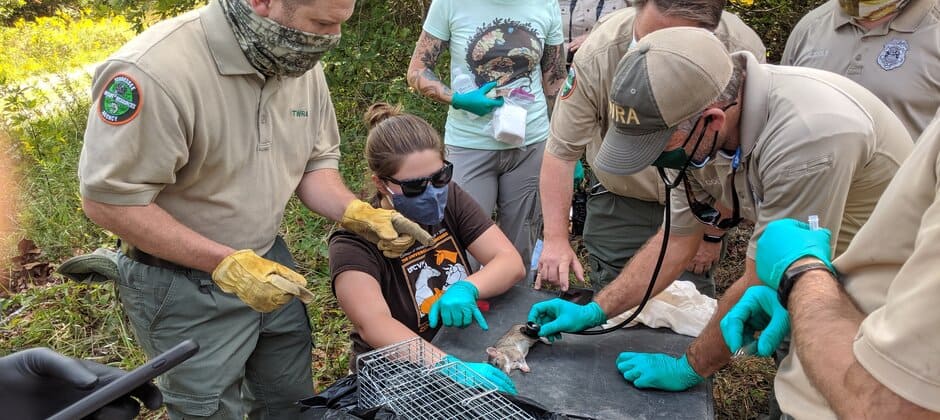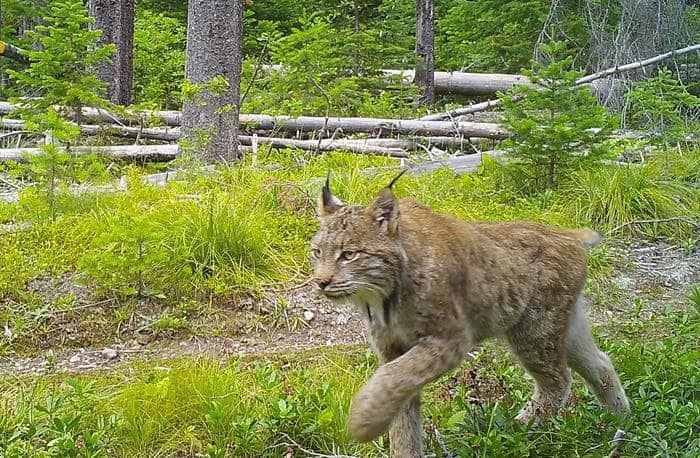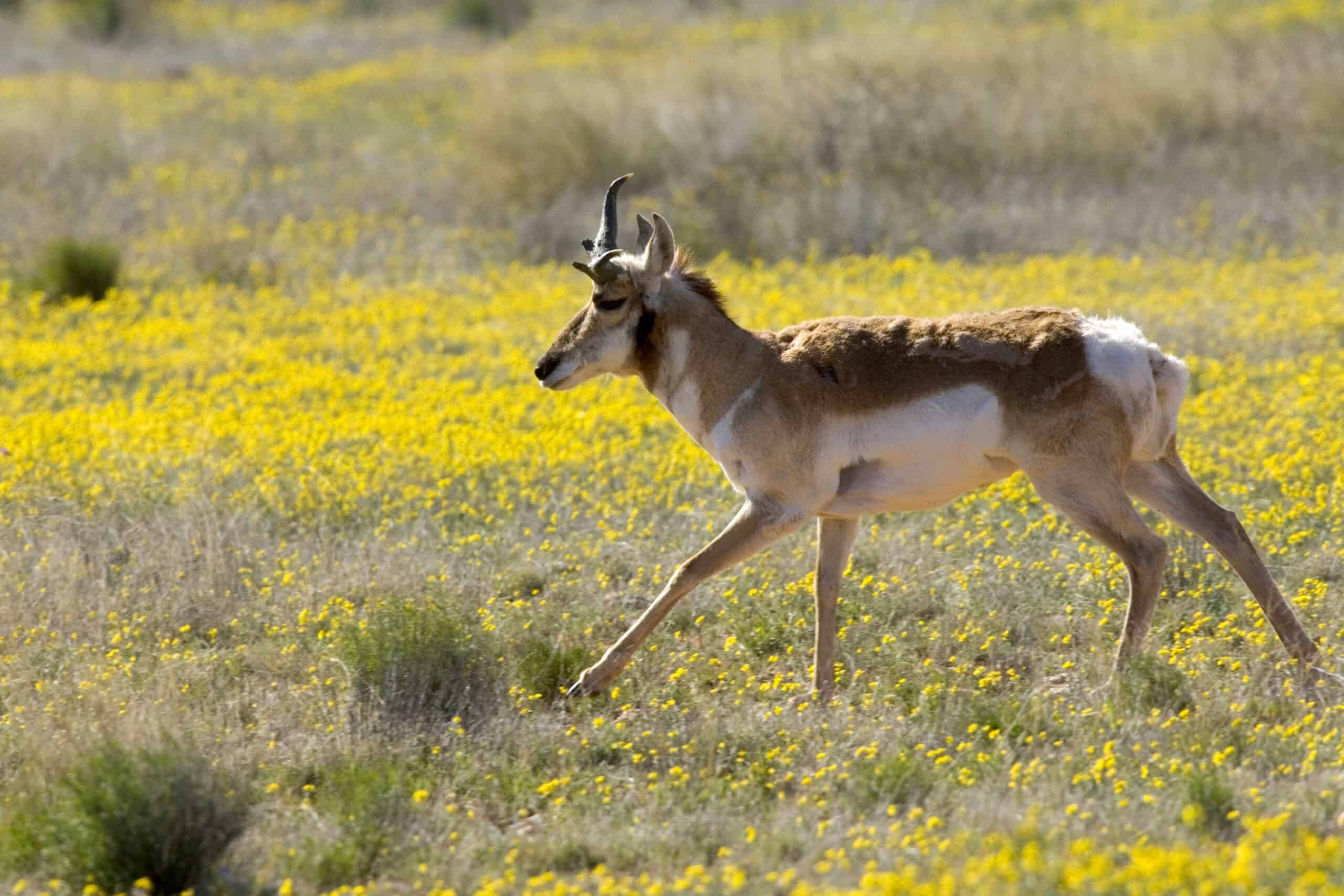Share this article
Wildlife biologists can learn from One Health
This article is part of a series focusing on topics addressed in upcoming TWS webinars. Hosted by TWS working groups, the monthly webinars engage wildlife professionals on a host of subjects relevant to their work. Learn more and register here.
The more scientists pay attention to an issue and work together, the easiest it gets to gain control of a situation. Case in point, the current COVID-19 pandemic.
This is exactly the approach of One Health, “a collaborative, multisectoral, and transdisciplinary approach—working at the local, regional, national and global levels—with the goal of achieving optimal health outcomes recognizing the interconnection between people, animals, plants, and their shared environment,” according to the U.S. Center for Disease Control.
In practice, this means approaching diseases from different perspectives to improve management and understanding about their biology. Instead of just looking at how the West Nile virus is affecting birds, for example, wildlife biologists might work with mosquito researchers and doctors for humans. This collaborative approach can help all parties involved determine if there are ways that management or diseases tracking can improve understanding and mitigation of the disease.
A new TWS webinar taking place on Thursday Sept. 2 at 3 p.m. will feature four different speakers, all approaching the topic of One Health from unique perspectives..
“We’re trying to cover the gamut of how people see themselves playing into this One Health concept,” said TWS member Krysten Schuler, a wildlife disease ecologist and co-director of the Cornell University’s Wildlife Health Laboratory and the chair of the TWS Wildlife Disease Working Group that proposed the webinar. The approach is already being used in places like New York, where state agencies and university faculties are collaborating through a working group to improve management, understanding and tracking of zoonotic diseases like rabies and others.
Schuler will moderate the event. TWS member Patty Klein, a wildlife veterinarian with the U.S. Forest Service, will give an overview of One Health. Kate Sawatzki, a postdoctoral researcher from Tufts University, will discuss One Health from the perspective of her work on tracking the coronavirus in free-ranging wildlife.
Finally, Nicole Szafranski, a PhD student from the University of Tennessee will speak about One Health through her work with the parasitic infection toxoplasmosis in waterfowl.
The goal of the webinar, Schuler said, is to improve awareness of the One Health approach and show wildlife researchers how they can better integrate their work on wildlife disease with the work of other scientists.
Header Image: A new webinar will inform wildlife researchers more about collaborating through a One Health approach. Credit: Nicole Szafranski








